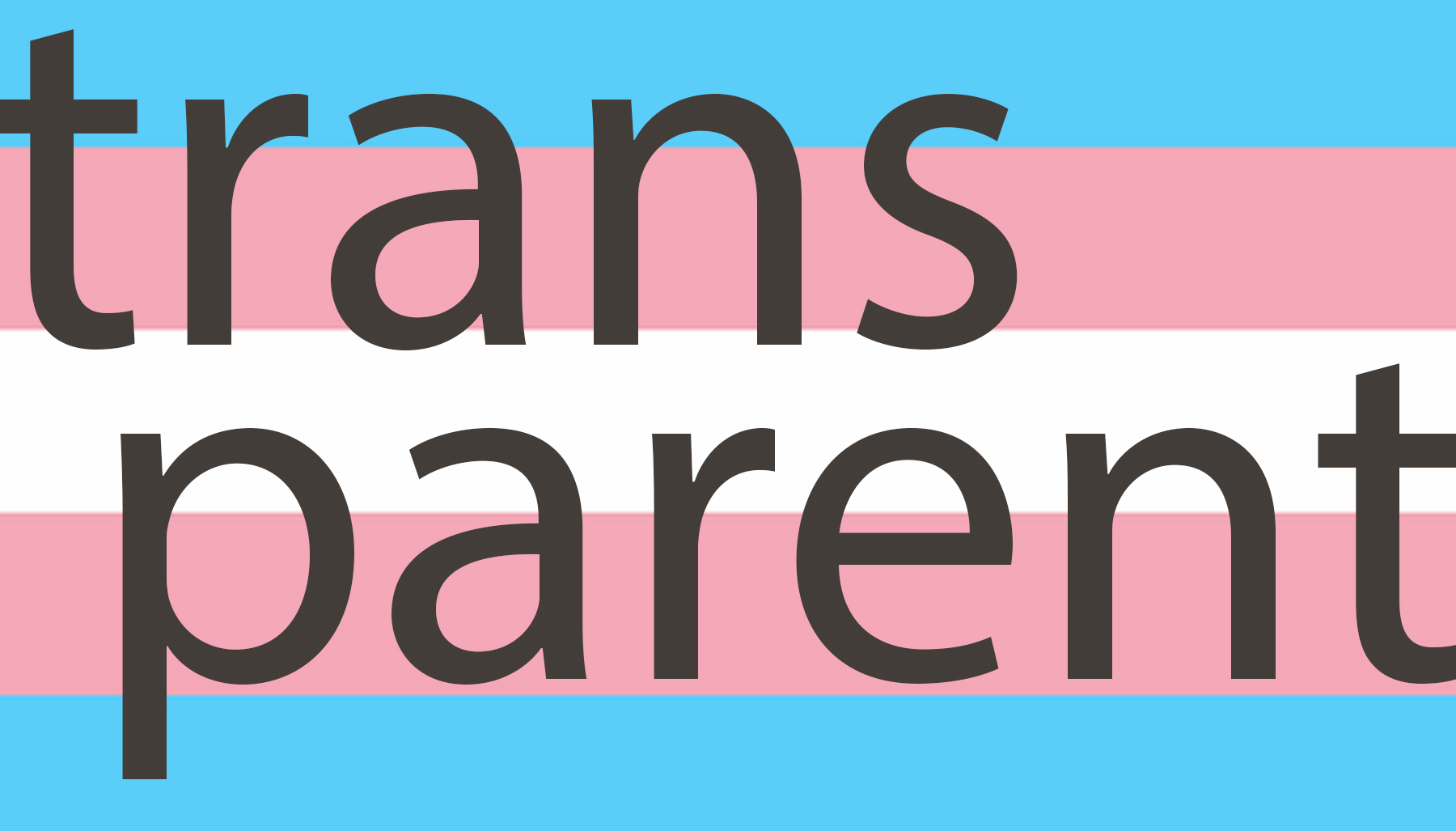
No one should be fired for being transgender
By: Jasper Griswold, Columnist
Two of your coworkers come to work on Monday. They both married their partner over the weekend, and both of them married men. The female coworker gets congratulated by your boss, who sets up a “congratulations” card for everyone to sign. The male coworker gets fired. That can’t be legal, can it? That has to be discrimination based on gender or sex, as the only thing different in the two situations was the gender of the coworkers. But presently, it is legal in many states. In fact, in many states it is legal to fire people due to them being in the LGBTQ community.
How can that be legal? In Maryland and 21 other states it is not legal to discriminate in employment based on sexual orientation, and even more have protections for public employees (and Maryland and several other states also have protections against discrimination based on gender identity). But these protections mostly do not exist in much of the South, the Midwest, and the Great Plains. Federally, the Civil Rights Act of 1964 forbids employment discrimination based on “sex”, but the question remains – does it forbit discrimination based on sexuality or gender identity? That question is currently being debated by the Supreme Court. The House passed the Equality Act in May as an amendment to the Civil Rights Act and to prohibit discrimination based on “sexual orientation, gender identity, pregnancy [or] childbirth.” But this is stalling in the Senate. Many of the judges are arguing semantics, such as arguing that “sex” is meant to refer to cisgender men and women. If the majority agrees, this could make for a big loss in the queer community.
Jobs are a problem for trans people in general. Transgender people are twice as likely to be unemployed as the general public, and transgender people of color are four times as likely to be unemployed. Getting a job can be difficult as a transgender person. Many places may refuse to hire you simply because you’re trans. Even if they’re not actively transphobic, discrimination could lead them to believe you are less qualified in some way and cause them to choose someone else. I don’t know a single trans person my age that has told a potential employer they are trans during a job interview. All of us – myself included – have waited until after we were hired. And after the hiring process is complete, we are lucky enough to be in a state where we can’t be fired for our gender identity due to the Fairness for All Marylanders Act of 2014. However, if we lived in any one of the multitudes of states without specific gender identity protections, we could then be fired simply due to being trans and we would have to decide whether or not to let our employers know we are trans. Weigh potentially losing a job against dealing with constant misgendering and deadnaming. It’s stressful and unfair.
Hopefully the case is ruled in our favor and all of America is granted these protections. This should help the low transgender employment statistic, but it won’t help problems with the hiring process. I wish for a day when a person can leave for vacation living as a “man” and come back as a woman and the only reaction is people asking for her pronouns and commenting on her new look, but that day will be a long time away. But I will be satisfied for now if she will at least be able to keep her job.

